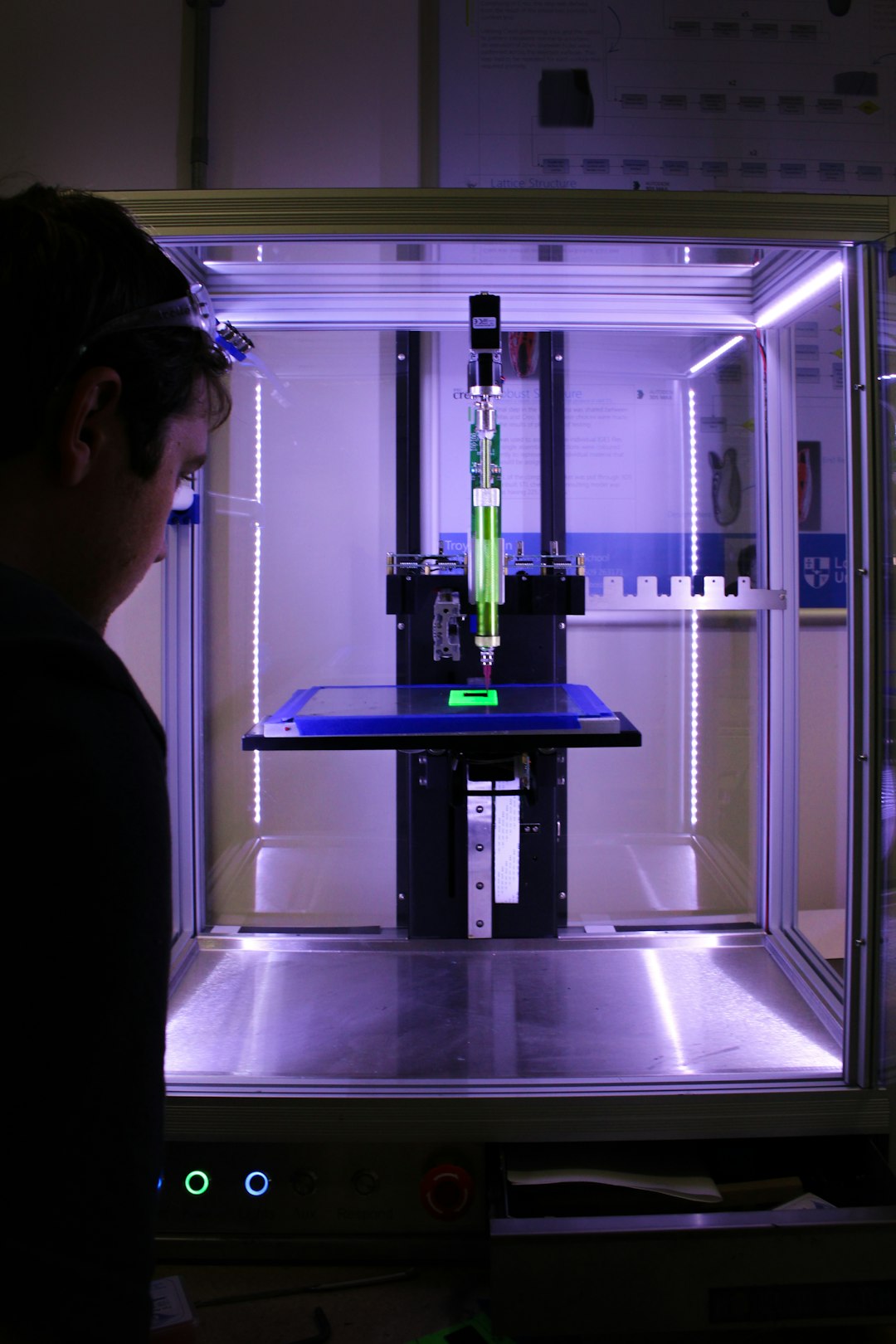How Robotics Revolutionizes the Manufacturing Industry
In recent years, there has been a remarkable shift in the manufacturing industry with the integration of robotics. This emerging technology is revolutionizing the way products are made, improving efficiency, reducing costs, and ensuring high-quality output. From assembly lines to packaging units, robots are transforming the future of manufacturing. In this blog post, we will explore how robotics is making its mark and reshaping the industry.
One of the primary advantages of robotics in manufacturing is automation. Robots can perform repetitive tasks with incredible precision, accuracy, and at high speed. This allows for significant improvements in productivity compared to manual labor. Robots can work around the clock without getting tired or making errors, resulting in increased output and reduced lead time. Furthermore, their ability to maintain consistent quality eliminates the risk of human error, ensuring that every product meets the required standards.
Robots also contribute to enhanced safety in the manufacturing environment. They are designed to handle hazardous materials, work in extreme conditions, and perform dangerous tasks that pose risks to human workers. By delegating such tasks to robots, manufacturers can create a safer workplace and prevent accidents. This not only protects human workers but also saves costs associated with insurance claims and downtime due to injuries.
Cost reduction is another significant impact of robotics in manufacturing. While the initial investment in robotics can be substantial, the long-term benefits outweigh the costs. Robots can operate continuously without breaks or vacation time, requiring minimal maintenance and supervision. This eliminates the need for overtime pay, sick leave, and other expenses associated with human employees. Additionally, robots can perform tasks at a faster rate, resulting in increased production and reduced labor costs.
The integration of robotics also allows for better resource allocation. Manufacturers can reassign human workers from monotonous and repetitive tasks to more complex and challenging roles that require creativity, problem-solving, and decision-making skills. This workforce transformation enhances employee job satisfaction and motivation, leading to improved overall productivity. As robots take on mundane tasks, humans can focus on strategic planning and innovation, driving business growth and competitiveness in the market.
Furthermore, advanced robotic systems are equipped with artificial intelligence (AI) and machine learning capabilities. This enables them to adapt and learn from their environment, making them even more efficient and versatile. Robots can adjust their movements, speed, and force based on real-time data, ensuring optimal performance and reducing waste. With the ability to analyze and process vast amounts of information, they can also identify patterns and anomalies in the production process, enabling manufacturers to identify areas for improvement and implement corrective actions.
The integration of robotics technology in manufacturing is not only benefiting large-scale industries but also small and medium-sized enterprises (SMEs). Previously, SMEs faced challenges in competing with larger companies due to limited resources. However, with the availability of affordable and flexible robotic solutions, SMEs can now automate their operations and enjoy the same advantages as larger corporations. This levels the playing field, promotes innovation, and drives economic growth.
It is important to note that despite the numerous benefits, the widespread adoption of robots in manufacturing does raise concerns about potential job displacement. While robots are capable of performing many tasks traditionally done by humans, they also create new job opportunities. The robotics industry itself creates employment in areas such as robot programming, maintenance, and system integration. Additionally, as manufacturing becomes more efficient and competitive, it can lead to increased demand for products, resulting in new job opportunities in other sectors of the economy.
In conclusion, the integration of robotics is transforming the manufacturing industry. By leveraging automation, robotics enhances efficiency, safety, and quality while reducing costs and enabling resource allocation for more complex tasks. The incorporation of AI and machine learning further enhances the capabilities of robots, making them adaptable and intelligent. Furthermore, the availability of affordable robotic solutions allows SMEs to compete with larger corporations. While concerns about job displacement exist, the overall impact of robotics on the manufacturing industry is undeniably positive. With continuous advancements in this field, we can expect even more significant transformations and opportunities in the future.

